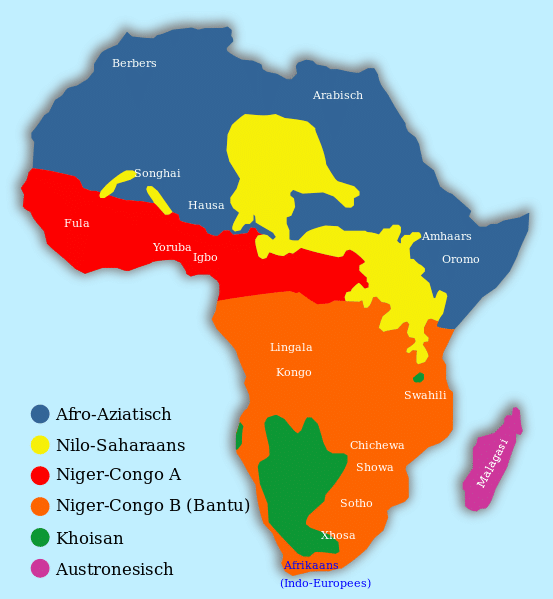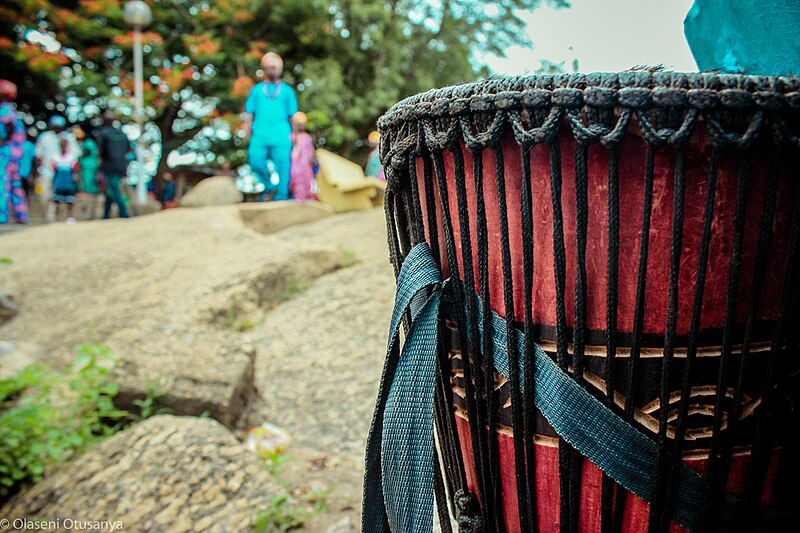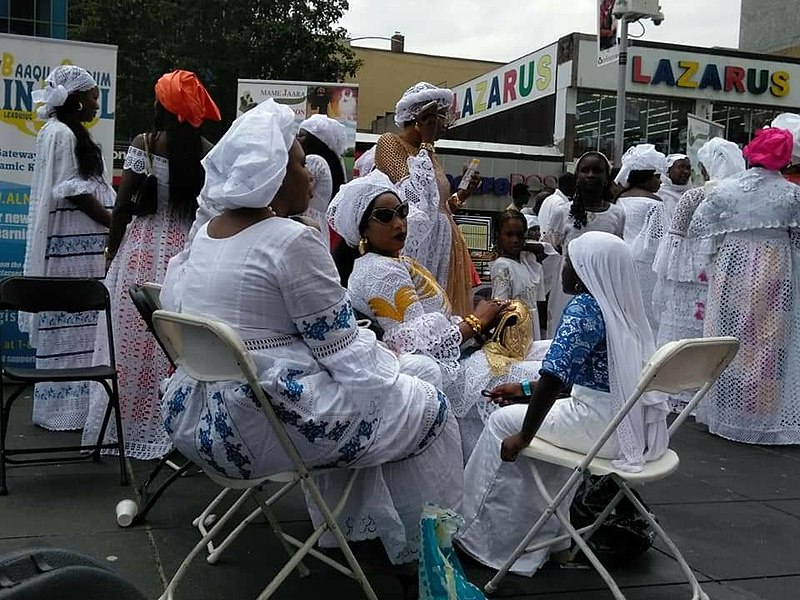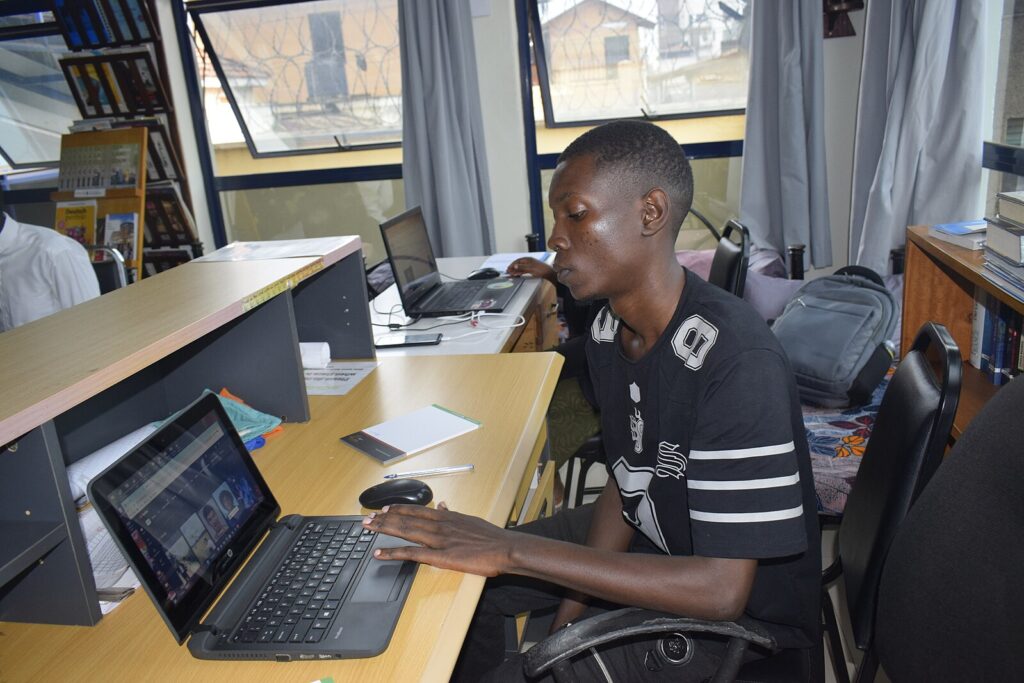The ACSRM aims to provide a better understanding of the role of culture in the migration process. In many societies, migration is culturally and socially constructed. Migrating is a trigger for social maturation and personality in most African societies. So, migration is valued socially and culturally. The economic benefits of remittance transfers follow or align with the fundamental values of solidarity and reciprocity, where African migrants need to give back to their loved ones by sending them money to improve their living conditions and resilience to socioeconomic shocks.

Human migration and mobility bring together different cultural backgrounds, resulting in cultural hybridizations, misunderstandings, or conflicts. This research cluster looks at how culture is influenced by human mobility and migration and the continuity and discontinuity of migrants’ relations with culture in the origin and destination countries in the context of migration and return.

Culture is a crucial consideration in discussions around regional integration and regional connections in interpreting economic and environmental factors and must be central to the development of migration governance. Culture is also influential regarding health and other social policy areas affecting migrants.
While the economic motives are considered the fundamental cause and dimension of the migratory project, it is crucial to underline the cultural motives as one of the key drivers of migration, thus showing the variety of migration causes and the complex interplay between economic and non-economic elements in shaping migration processes.
While migration can lead to cultural assimilation and alienation, abundant literature shows migration can lead to stronger allegiance and willingness to maintain one’s cultural identity, as exemplified by migrants’ transnational links with the origin country. Rather than experiencing a total disjunction with the homeland culture, migrants may express transnational cultural belongings, being here and there and showing allegiance to the home and destination countries’ cultures. Meanwhile, it may be challenging for children of migrants to adjust to the homeland culture when they were born in the destination countries.

In their transnational and diasporic lives, many African migrants feel obligated to give back to their loved ones by sending money or goods to improve their living conditions. However, monetary transfer (financial remittances) is the most prominent migratory outcome considered in policymaking. Therefore, although they represent an economic practice, financial remittances are enshrined into the culture and based on the values of solidarity and reciprocity. At the same time, migrants are involved in social remittances that can be translated into the transfer of ideas, norms, and cultures from the destination to the origin countries (and vice versa), which can result in cultural hybridizations, enrichments, or clashes between the homeland and host cultures.

Culture and language are vital aspects of migration drivers and patterns. Possessing cultural and linguistic capital can facilitate migrants’ integration into the host society. Migrants move to destination countries for various reasons, including historical, cultural, and linguistic ties. Migration has an impact on migrants’ cultures and languages. Migration can lead to changing language patterns. Migrants can borrow from the host country or influence the latter, resulting in linguistic and cultural hybridizations. New languages can be created in the context of migration. The influence of the host country’s language means that migrant children may not speak the homeland language, which could impact its sustainability over time.

The ACSRM will examine African migrants’ transnational practices and links aimed at preserving their cultural identity and nurturing a sense of homeland identity to their children in destination countries. The coping strategies of African migrating parents to safeguard their children’s homeland identity and culture in destination countries will be investigated.


The ACSRM will deepen understanding of African migrants’ transnational practices of sociocultural remittances with the origin and destination countries. This topic is under-researched compared to the considerable body of literature on financial remittances in the context of African migration. The ASRM will also examine the meaning of migration as a coping, risk-sharing, or resilience strategy and the cultural underpinnings of such meaning. It will also analyze the configurations and meanings of the cultures of migration underpinning the migration processes. Finally, this research cluster will examine the continuities and discontinuities (shifts) in culture and language patterns in the context of migration.





